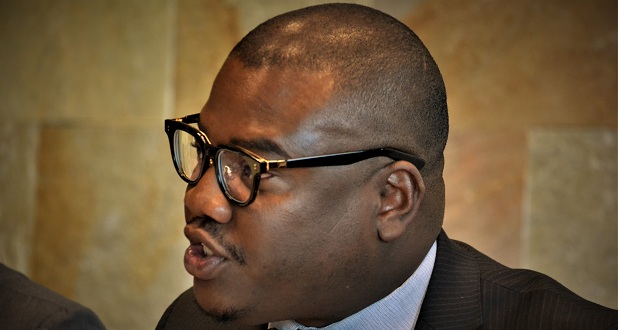While the Assembly of States Parties is happening in The Hague, Netherlands, there is tension over the future of African states at the International Criminal Court (ICC). We spoke to Adewale Iyanda, a legal officer from the African Union’s (AU) Office of the Legal Council about the African Union and the ICC.
Is there perception in that ICC is biased against African states?
There is a lot of talk in the media of the perception of the ICC’s bias towards Africa and the African Union. My take on it is that it probably is a systemic issue because the way the ICC is currently structured probably would lead to more cases coming out of the African continent than other parts of the world, particularly as it affects more powerful interests. So whether or not the perception exists? It’s realistic, I don’t think that’s something I need to state. It’s out there and people hear it, it’s said all over the place so that perception is real. I might challenge this from the court to say, “is it really a perception? We need to look at the facts.” I think that’s a perfect introspection. Let’s look at the facts and see whether or not the perception is a reality or not. I’m not here to tell you whether that’s a fact.
Why does the perception exist?
All the situations, all the ongoing cases, all the indictments, are all African so isn’t that why the perception would exist? Of course, we’ve heard preliminary examinations in certain other places and hopefully those will progress so at least the perception everybody talks about wanes a little bit. But as it stands, all arrest warrants, all indictments, all cases that are in advanced stages are all African.
Is a mass exodus of AU members from the ICC still on the table?
Member states are sovereign. They join the Rome Statute regime out of their own free will. Those who have submitted their withdrawal have done so out of their own free will, in their sovereign rights. So I cannot speak for our member states individually; they all have their own reasons and own motivations. Of course, some of those concerns have been collectively conveyed by the African Union through its decisions so I can’t speak as to whether or not there are mass withdrawals. Those will be appropriately addressed by the states themselves.
There’s been talk that African states have been looking outside their borders to help maintain the law within them. How true is this?
No, I mean in the initial stages when the court was set up, you had a couple of referrals from African states and I think it was their trust in the system that they collectively worked to establish. I would disagree with anyone that says the rule of law and good governance is not being entrenched on the continent. I think there is a lot of work that has been done, like anywhere else in the world. For those states who decided to refer situations to the court, I think they probably have their own motivations for doing so, but that’s a very small number compared to the number of countries that are state parties within the African Union.
Can you describe the general mood in the AU, considering that there are countries which have very different positions when it comes to the ICC?
I don’t think there’s any organisation with members with the same views; you can see it at the Assembly of States Parties [at the ICC]. Everyone has their own opinions, of course, but the AU is one organisation that tries to form those common positions. I think everyone was trying to strike a more cordial tone, everyone is speaking with one voice. There’s a need for consultations of course, there are concerns that have been raised and I think everyone, including those in the Assembly of States Parties are rallying behind that. But I think the mood is always as it’s been at the AU, one big family.









